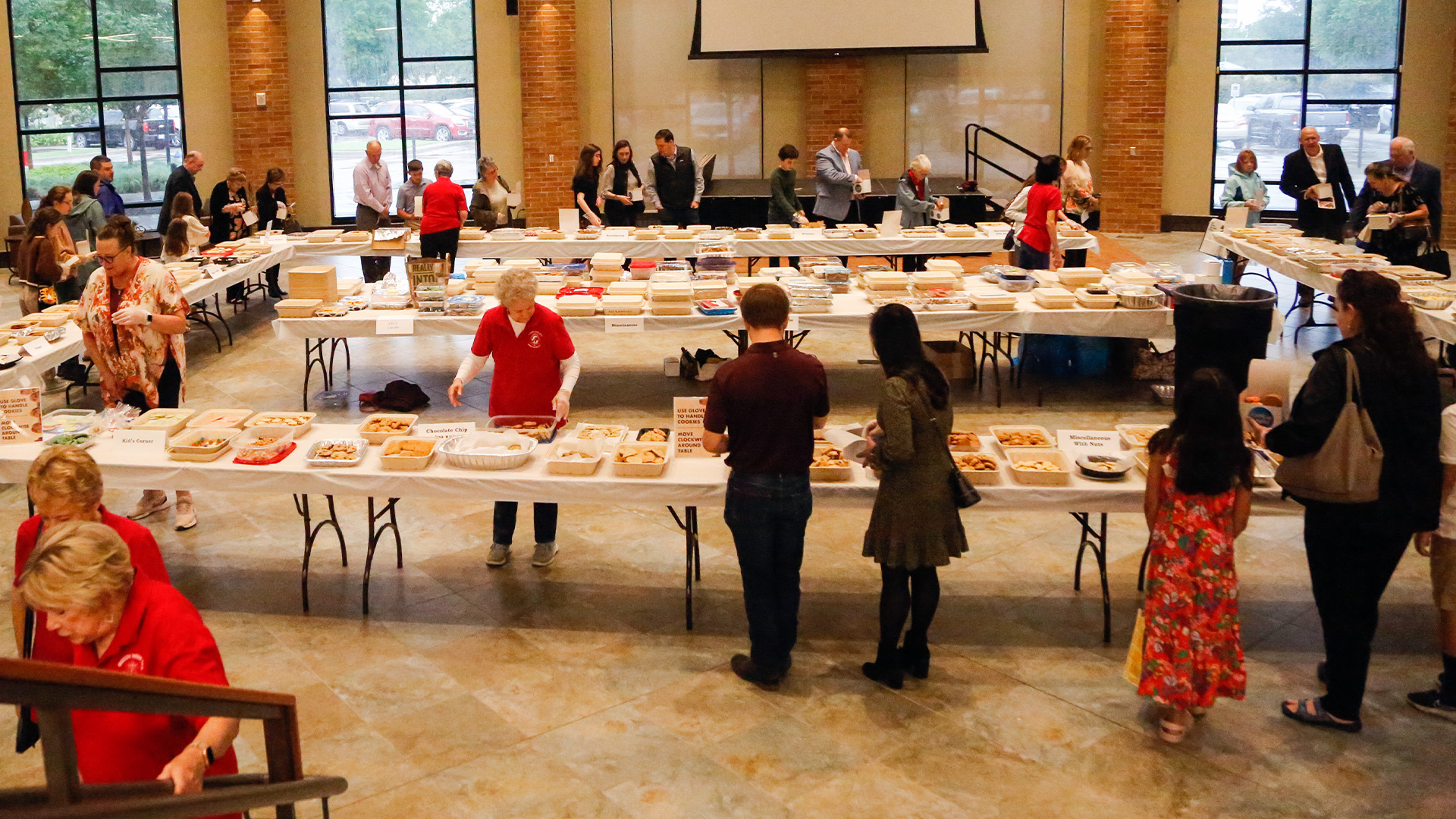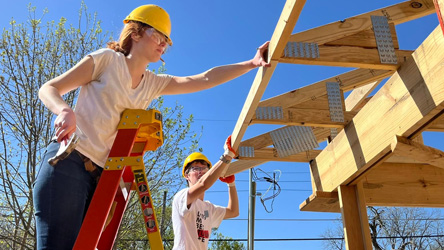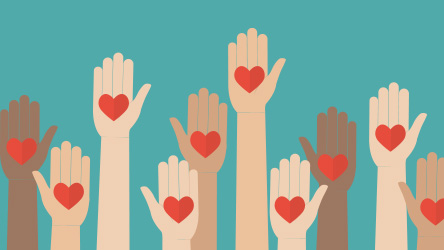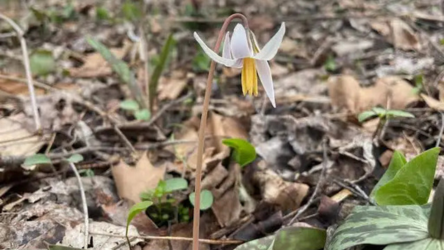And the king will answer them, “Truly I tell you, just as you did it to one of the least of these who are members of my family, you did it to me.” - Matthew 25:40
Church & Society
Our task is to raise awareness of social issues by educating our congregation as well as providing opportunities for people to advocate for and act in response to the needs of hurting people in God’s world.
Educate. Advocate. Take action for justice.
(The United Methodist Church (UMC) defines justice as treating all people with dignity and respect, regardless of their race, gender, or social status.)
Get Involved with FUMCR Church & Society
Meetings: 3rd Sunday of each month, 12pm, Rm. 217b, Education Center
Contact for more information: Amy Gilchrist at amycilchrist14@gmail.com
Beyond Thoughts and Prayers by Bishop Ruben Saenz Jr.
Priorities
Civil and Human Rights
As United Methodists, we believe that God has given us principles for how to live in a community. Central to Jesus’ teachings, life, death, and resurrection is the Great Commandment: We must love God and love our neighbors as ourselves. (Matthew 22:35-40; Mark 12:28-34)
United Methodist Viewpoints: Migrants, Immigrants, and Refugees
• What does the Bible say?
• What does the United Methodist Church say?
• What do the facts say?
• What do you say, and what can you do about it?
Environmental Justice
As revealed through the creation story of the Bible, humankind has struggled from our earliest days to live in right relationship with the created world, with each other, and with God. God’s vision of shalom invites all of creation to know wholeness and harmony, and yet too often we have treated creation simply as a resource for humankind’s use.
United Methodist Viewpoints: Climate Justice
• What does the Bible say?
• What does the United Methodist Church say?
• What do the facts say?
• What do you say, and what can you do about it?
Economic Justice (Poverty)
Scripture and United Methodist tradition affirm a vision of abundant living where all God’s children have access to sufficient resources to thrive. The Bible is consistent in its vision of a just economic order. It warns against greed, calls us to love and care for one another, and compels us to seek justice for the poor.
Health and Wholeness
Jesus said, “I came that you might have life, and have it abundantly.” (John 10:10b) Abundant life includes mental, physical, and spiritual wholeness as well as access to effective health care. Our priority is to live into God’s vision of abundance. As such, that is why we work in the areas of health care, mental health, and addictions.
Peace with Justice
In a world plagued by war and terror, violence and destruction, people of faith have a clear call to build peace with justice. Scripture is consistent in the call for followers of Christ to love our enemies (Matthew 5:44-45a), forgive others their trespasses (Matthew 6:14-15), overcome evil with good (Romans 12:21), and seek peace and pursue it (Psalm 34:14). Peacemakers are blessed and called the children of God (Matthew 5:9).
Want to dig deeper?
Church & Society Resource Guide 2025
umcjustice.org
Organized under the UMC General Board of Church & Society, which is dedicated to the work of living faith, seeking justice, and pursuing peace.
Missions & Community Engagement This Week





